On the afternoon of November 8, at the Government Headquarters, Deputy Prime Minister Tran Hong Ha and Deputy Prime Minister and Minister of Foreign Affairs Bui Thanh Son co-chaired a meeting to listen to the initial report on the investment project to build the Lao Cai-Hanoi-Hai Phong railway.
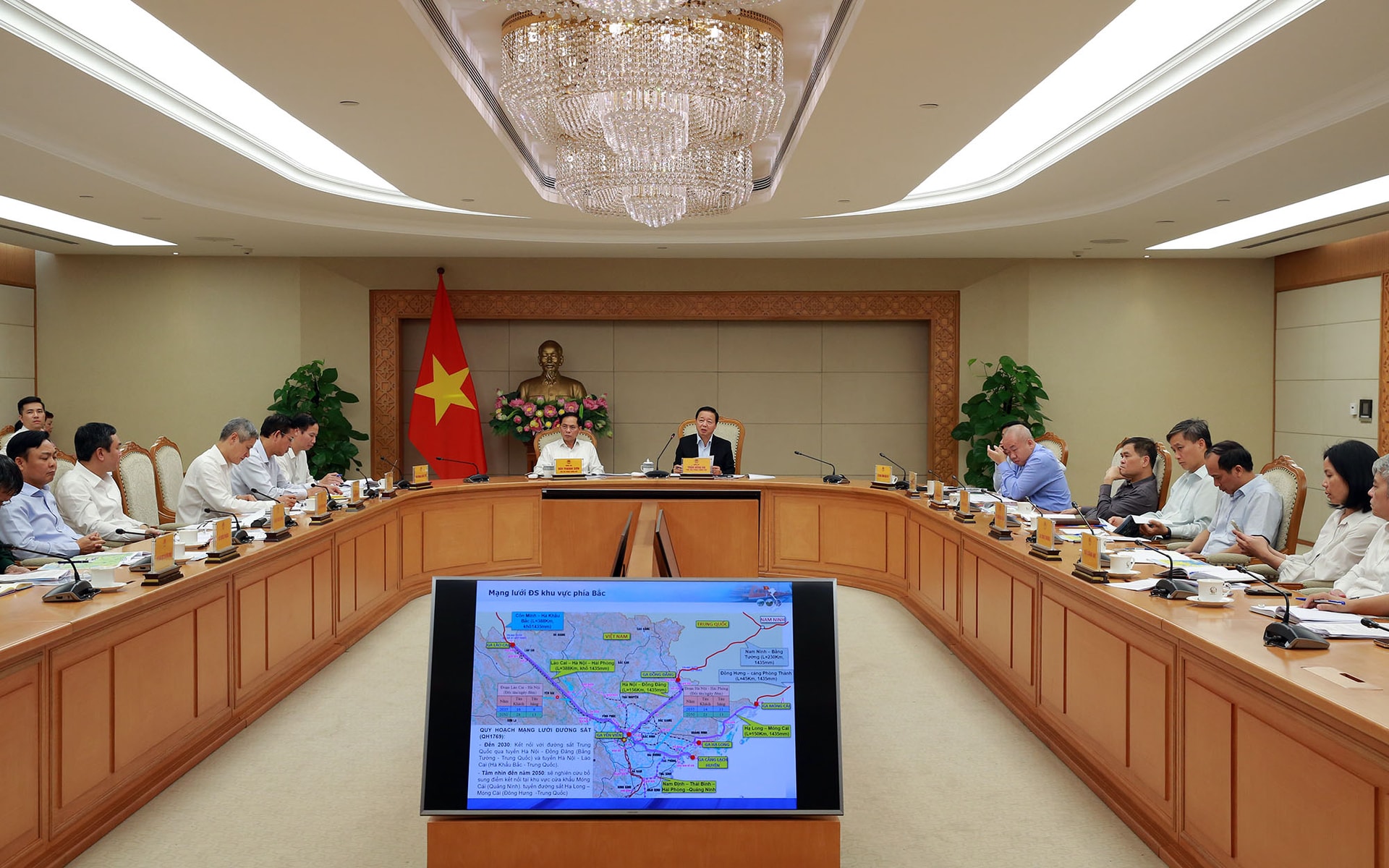
Reporting at the meeting, Deputy Minister of Transport Nguyen Danh Huy said that the Lao Cai-Hanoi-Hai Phong railway route has been identified in national master plans, national sectoral plans, regional plans (Northern midlands and mountainous areas, Red River Delta), and provincial plans.
China has provided non-refundable aid to develop and complete the detailed planning of the new Lao Cai-Hanoi-Hai Phong railway; the research results were handed over to Vietnam in August 2024.
In August 2024, the Prime Minister assigned the 2024 capital plan to prepare for project investment; currently, the Ministry of Transport is actively developing the project's Pre-Feasibility Study Report; has worked with 9 localities along the route to agree on route direction, location, and station scale with the localities.
At the same time, to speed up the progress and ensure the quality of the project, the Ministry of Transport has approved non-refundable technical assistance to review the pre-feasibility study report. The Chinese side has also sent experts to provide technical assistance since October 2024 to coordinate with Vietnamese consultants in the process of preparing the pre-feasibility study report.
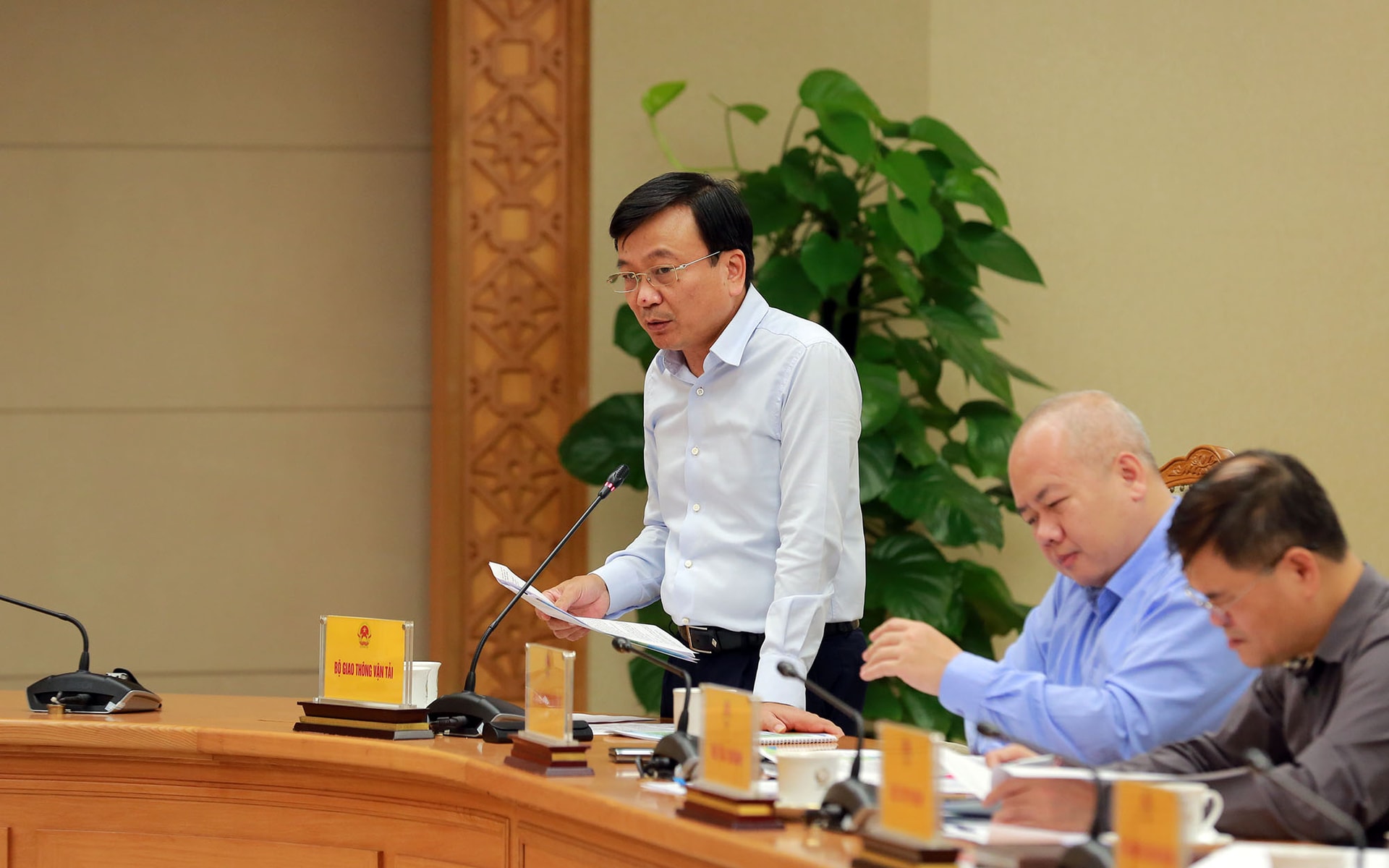
According to the report of the Ministry of Transport, the construction of a new Lao Cai-Hanoi-Hai Phong railway line, connecting with Hai Phong international seaport, connecting international transport with China aims to implement the Cooperation Plan connecting the "Two Corridors, One Belt" Framework with the "Belt and Road" initiative; meeting the need for high-quality, fast, convenient and safe transportation.
The Lao Cai-Hanoi-Hai Phong railway has a total length of 417 km, passing through 9 localities (Lao Cai, Yen Bai, Phu Tho, Vinh Phuc, Hanoi, Bac Ninh, Hung Yen, Hai Duong and Hai Phong); it is expected to have 36 stations.
Deputy Minister of Transport Nguyen Danh Huy reported specifically on the plan to implement autonomy in the project implementation process in design consultancy, supervision consultancy, infrastructure construction, manufacturing of carriages, locomotives, power systems, operation management, etc.
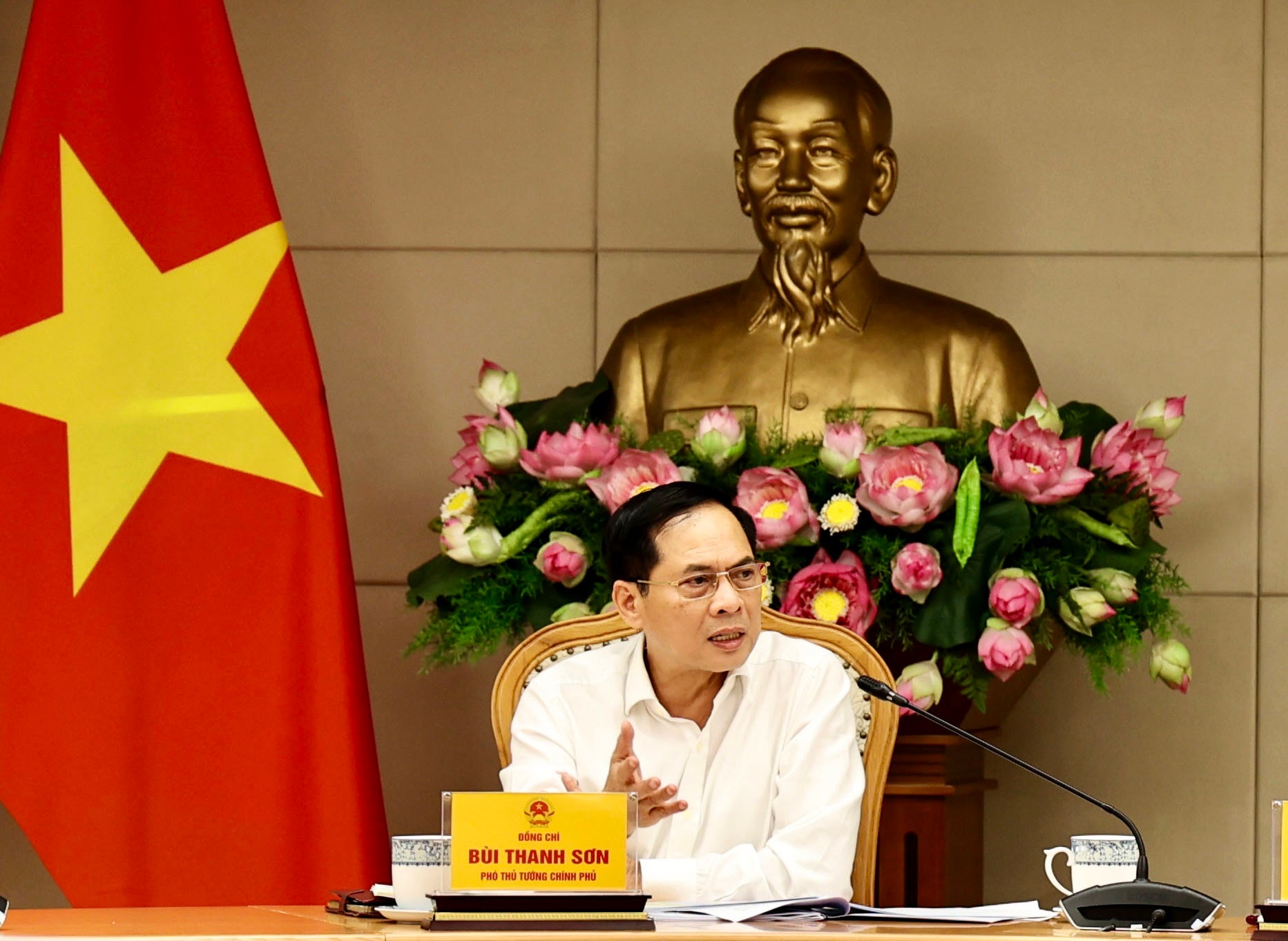
Deputy Prime Minister Bui Thanh Son requested the Ministry of Transport, right at the stage of preparing the pre-feasibility study report and the project feasibility study report, to hire independent consultants with extensive experience, qualifications and reputation in the railway sector to support Vietnam in consulting appraisal.
"The Prime Minister has repeatedly emphasized the policy that in addition to building railway lines connecting Vietnam with China, cooperation must help develop Vietnam's railway industry. The important goal is for Vietnam's railway industry to be independent and autonomous in design, construction, operation, management, human resources, etc.," Deputy Prime Minister Bui Thanh Son said, noting that the construction of high-speed railway lines must be calculated to ensure unity and synchronization in Vietnam's railway network.
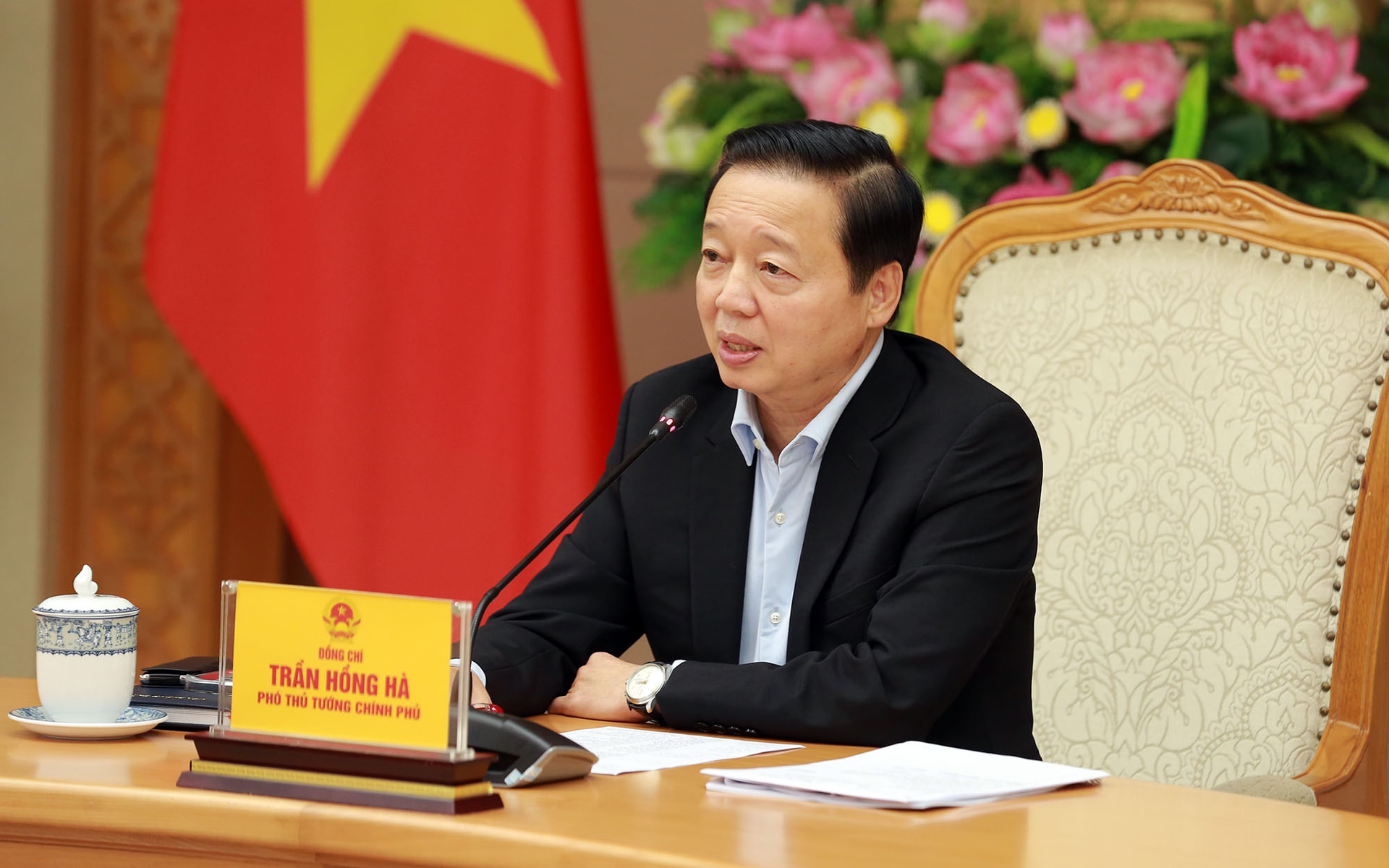
Speaking at the meeting, Deputy Prime Minister Tran Hong Ha emphasized that the process of preparing for investment in the construction of high-speed railway lines connecting Vietnam and China must closely follow the Party and State's guidelines on developing a modern, synchronous and unified railway industry in line with international standards and regulations; at the same time, ensuring independence and autonomy in design, mechanical engineering, and operational management; demonstrating consistency in cooperation in technology transfer, human resource training, application of policy mechanisms, and resource mobilization, etc.
For the investment project to build the Lao Cai-Hanoi-Hai Phong railway, the Ministry of Transport urgently strengthens the capacity of domestic consulting units to prepare the Pre-Feasibility Study Report; ensure consistency and transparency in data and information with the Feasibility Study Report, under the supervision and evaluation of independent consulting agencies with sufficient professional capacity in high-speed railway infrastructure, operations, station systems, logistics, etc.
The process of developing bid packages requires the participation of experts and independent technical design consultants to develop proposals for bid packages, in order to fully implement project requirements from research, investigation, survey, design, construction, operation, etc.
"All foreign partners participating in design and supervision consulting must commit to transferring technology and training to Vietnamese partners so that after completing the Lao Cai-Hanoi-Hai Phong railway project, domestic consulting units can undertake subsequent railway projects themselves," said the Deputy Prime Minister.
In addition, the Deputy Prime Minister requested the Ministry of Transport and Vietnam Railways Corporation to prepare a plan to select domestic enterprises that are ready to invest, research, train, and receive technology to form a foundation for the railway industry.
Source: https://baotainguyenmoitruong.vn/khan-truong-hoan-thanh-nghien-cuu-tien-kha-thi-tuyen-duong-sat-lao-cai-ha-noi-hai-phong-382880.html


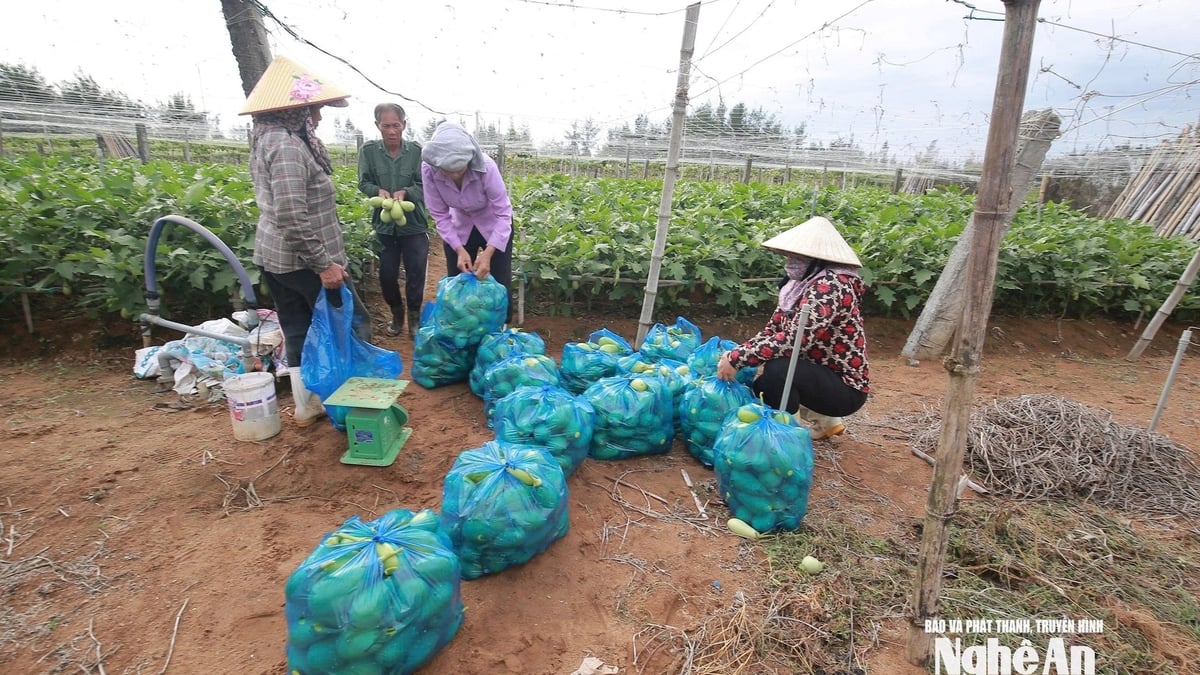
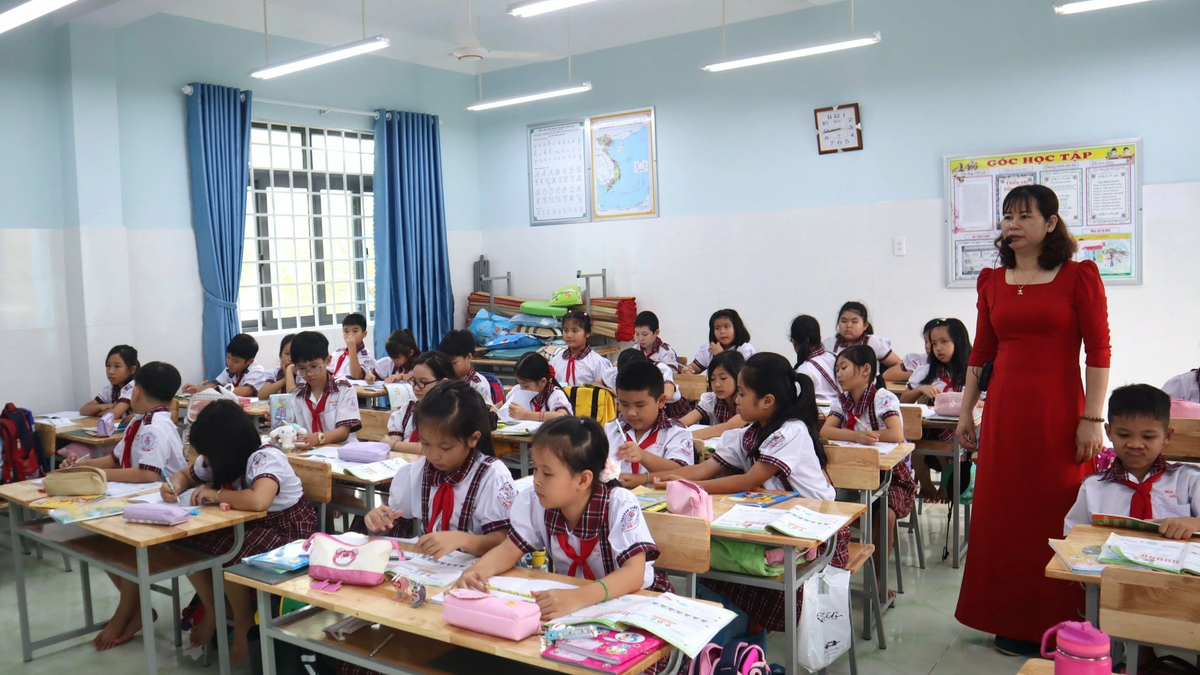


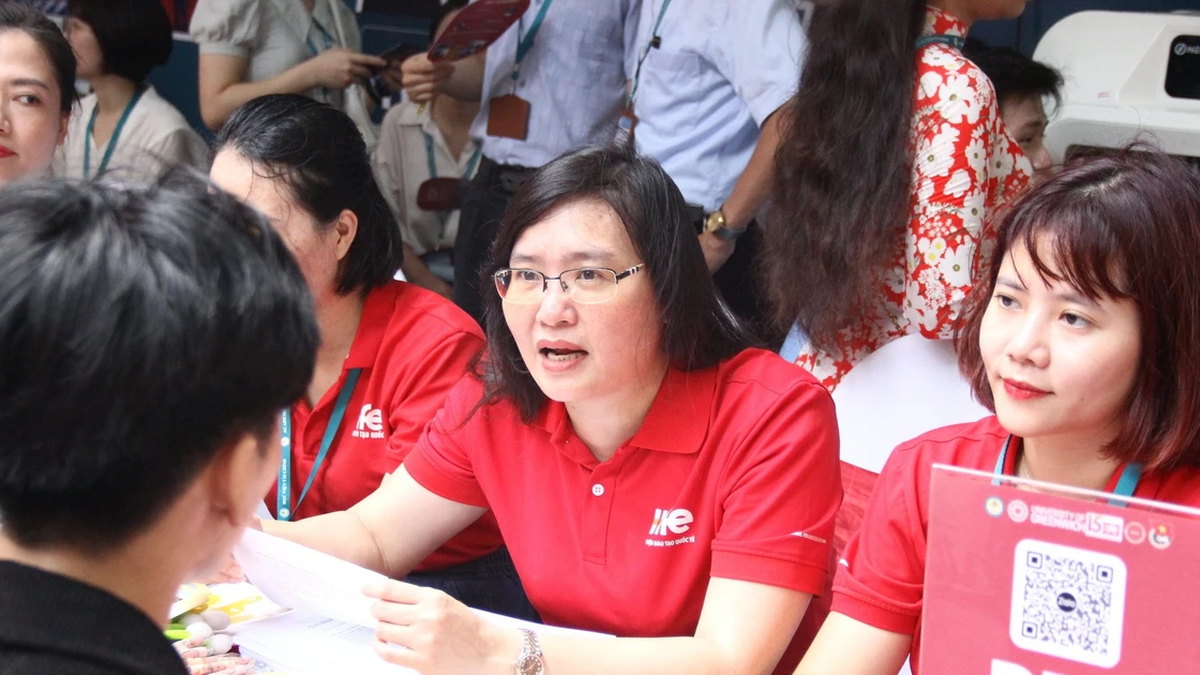
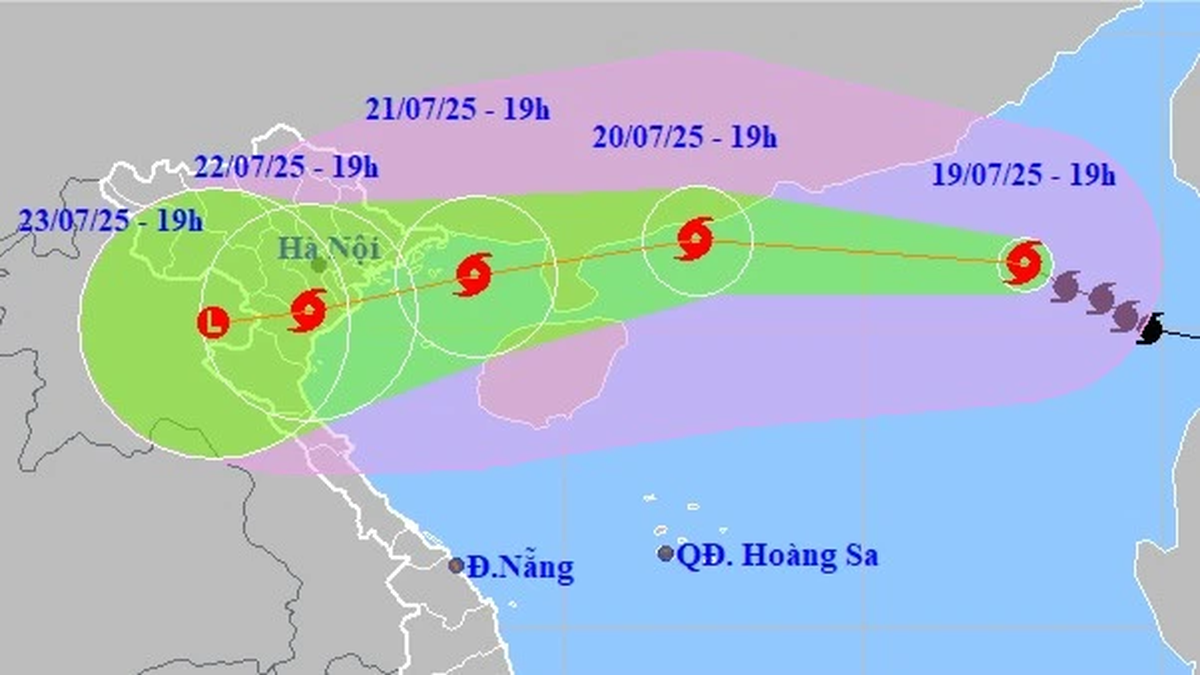
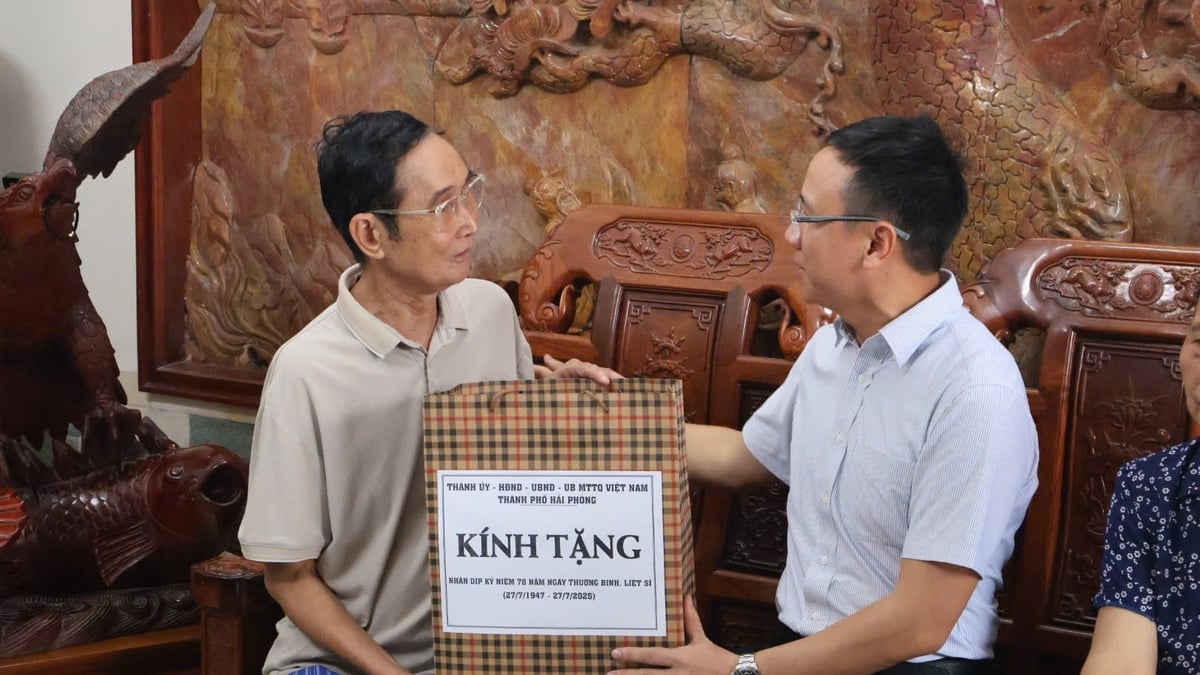
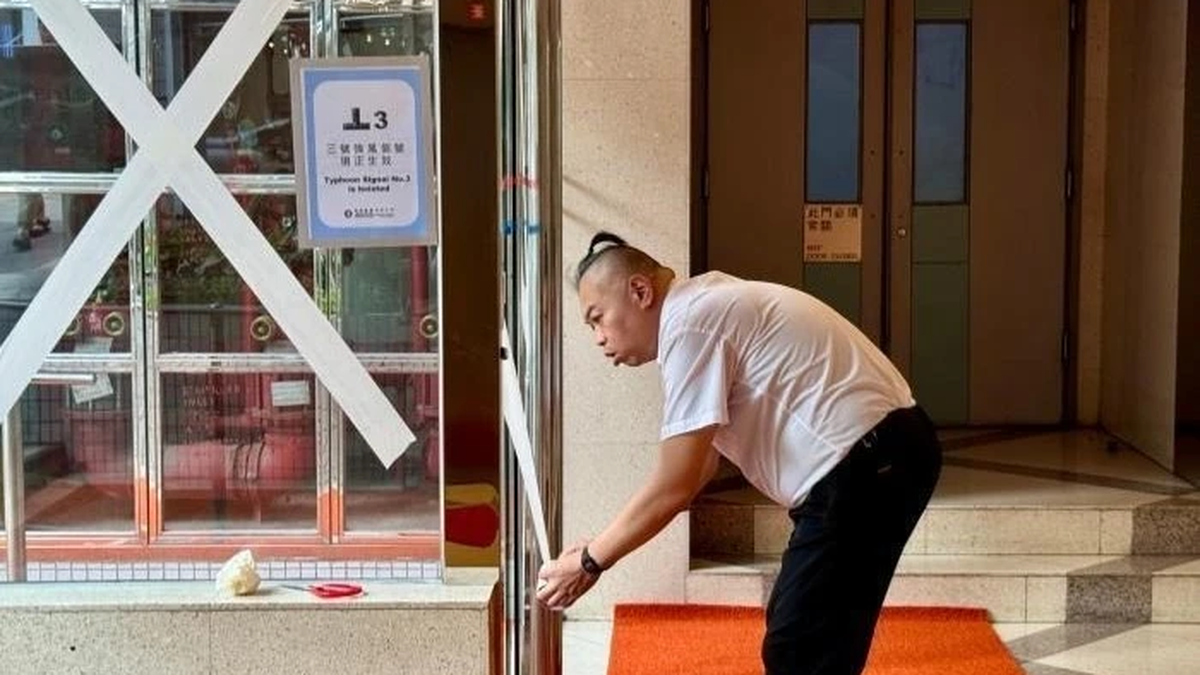
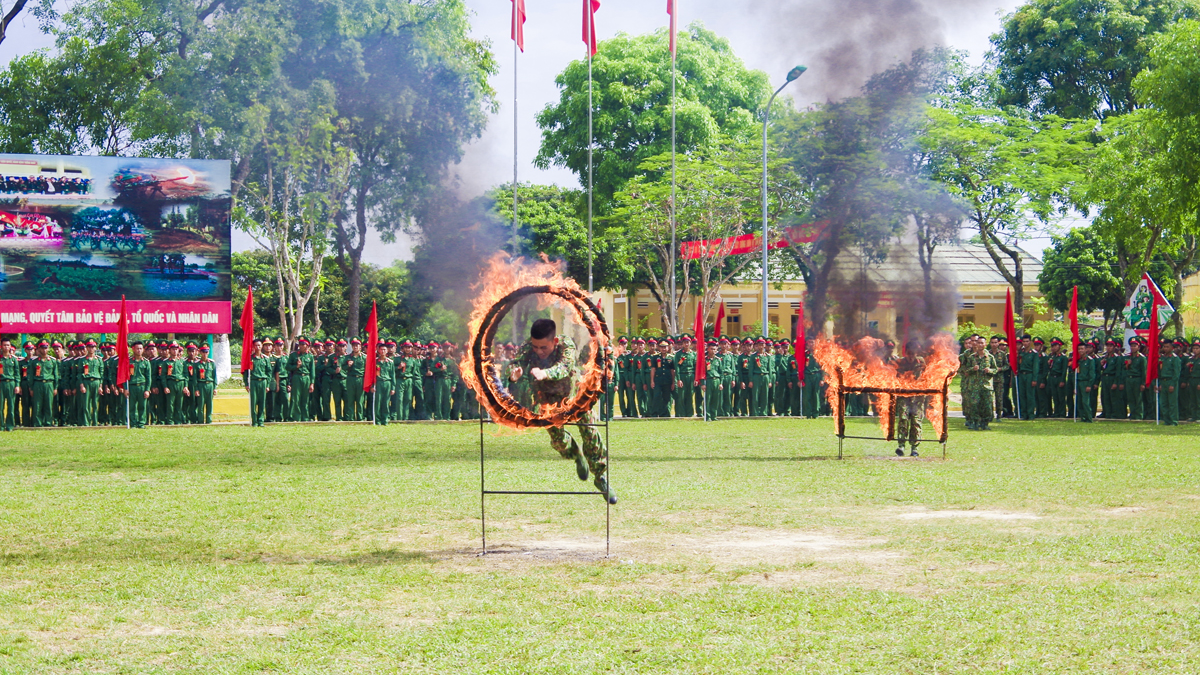
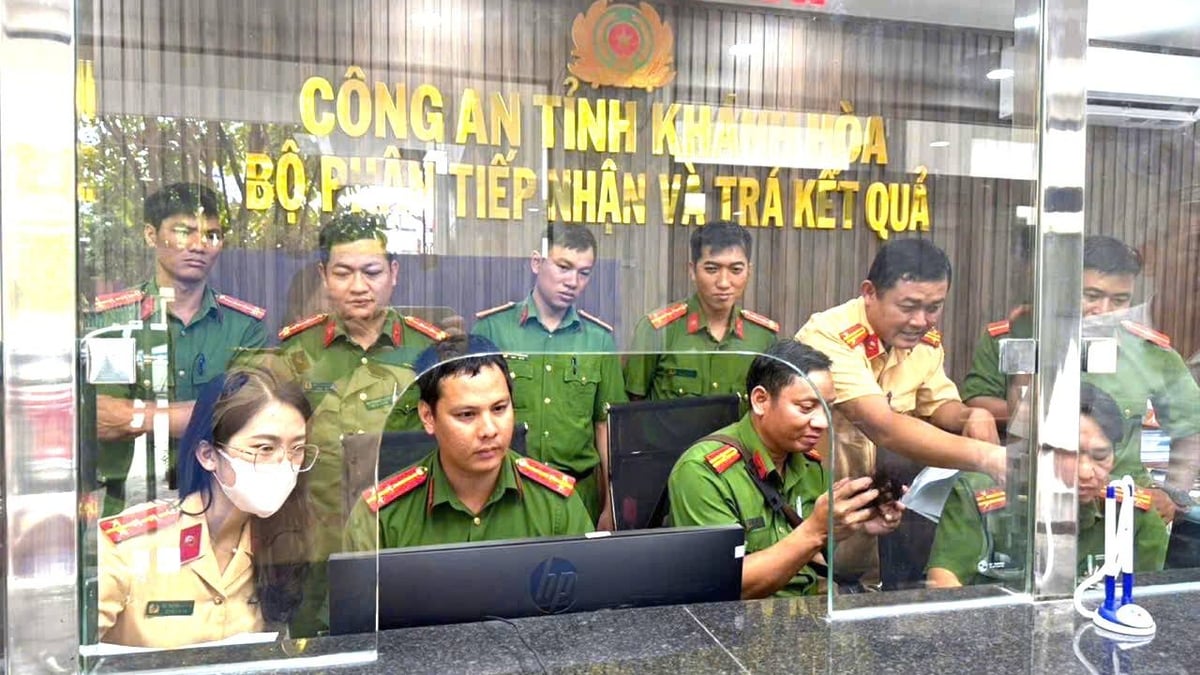










![[Photo] National Assembly Chairman Tran Thanh Man visits Vietnamese Heroic Mother Ta Thi Tran](https://vphoto.vietnam.vn/thumb/1200x675/vietnam/resource/IMAGE/2025/7/20/765c0bd057dd44ad83ab89fe0255b783)













































































Comment (0)